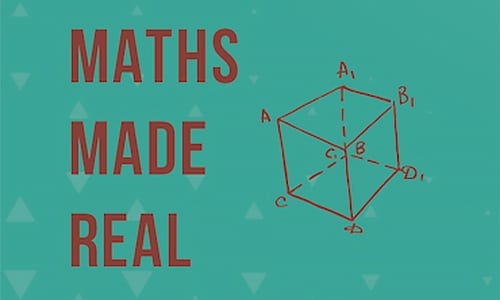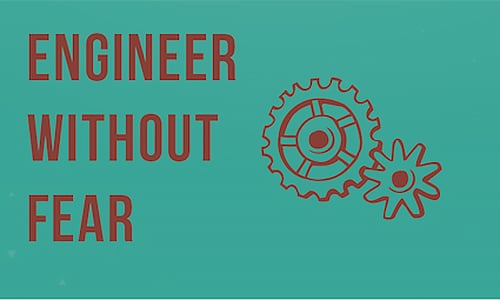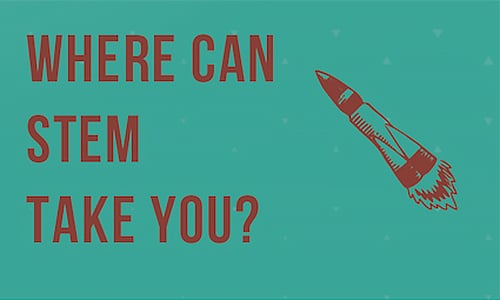Maths Made Real
- Grades 5 to 8
Discover how maths works in the real world! It’s not just numbers on a page, but where they came from, what they mean and where they can take you. In this hands-on session explore units, chance, sampling and much more. Use real-world examples of how to solve everyday problems using mathematics.
This session addresses a range of ACARA curriculum links for Stage 3 and Stage 4, centred on key concept areas like statistics, probability and chance, sampling and observation, measurement, units, scale and their conversions, predictions, estimations and the use of math-based technology in shaping the future.
The focus isn’t on performing calculations but rather on applying critical thinking to real-life maths based problems. Students explore data collection and sampling using simple brains-on and hands-on activities.
Materials needed:
Per class/household
- A second screen or device that can access Google maps (optional)
- Human legs to measure (preferably still attached)
Per student
- Something to write on, and something to write with
- A brain for making decisions and hands for voting
- Your pencil case (with all the things that are normally in it)
Per group of 2-3
- Human legs to measure (preferably still attached)
- Measuring tape / ruler
- String (optional, can make it easier to measure legs)























Fizzics Education curated a thoughtful and hands-on experience for the children, incorporating practical, skill-based learning activities and followed by a science presentation at the end of the event involving liquid nitrogen. This was delivered safely and effectively, capturing both the children and the parents for the duration of the presentation.
-Macquarie Bank – Family Fun DayFizzics Education ran a show today at our school and it was wonderful. He was a great facilitator and the show was age appropriate and well done.
-Mount Zion Early learning centre – Little Science Big FunI just wanted to pass on how much the staff and students really enjoyed it and how perfect it was to launch our science week activities. The students were enthralled, educated and entertained – a perfect trifecta!
-Caulfield Grammar School – Big Science Big FunThanks so much for presenting at our school on Monday. Our students enjoyed the show.
-Greenvale Primary School – Big Science Big Fun